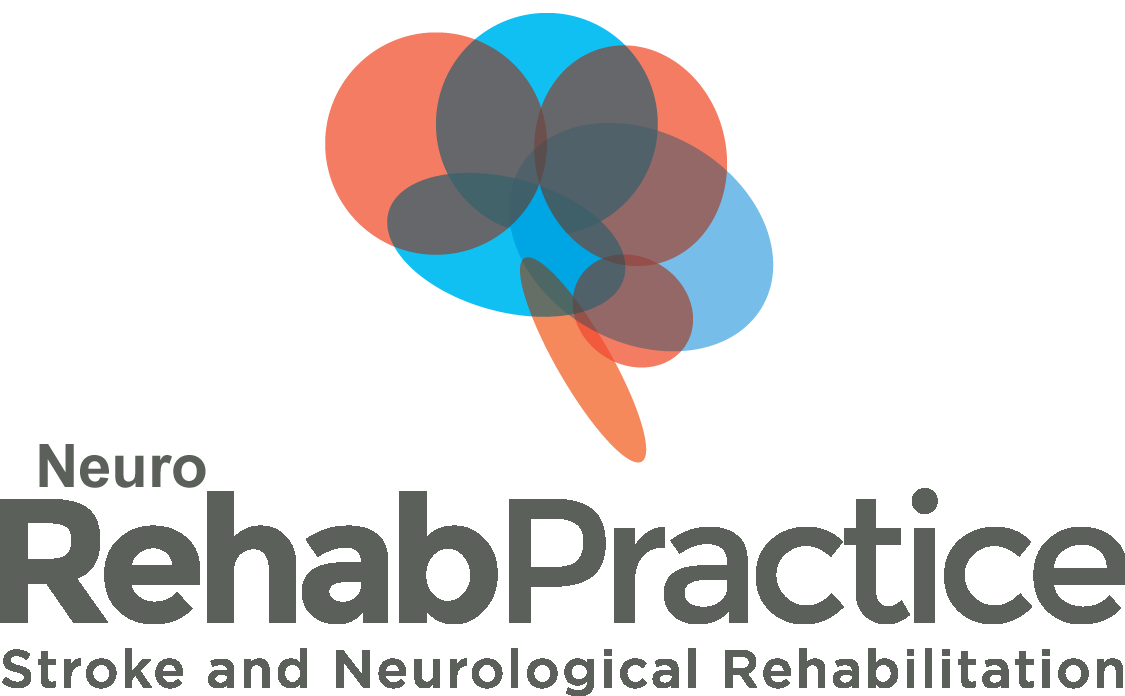
Before his stroke, Phil was an avid runner, having completed 41 ParkRuns in the local Bushy Park. Phil, now a stroke survivor, continues his recovery by participating in ParkWalk with ParkRun, aiming to reach his goal of completing a combined 50.
ParkWalk: A New Path for Stroke Survivors with ParkRun
Recovering from a stroke can be a long and challenging journey. Stroke survivors often face both physical and emotional obstacles in their recovery process, including limited mobility, fatigue, anxiety, and isolation. However, maintaining an active lifestyle is crucial to improve mobility, strength, and mental well-being. This is where ParkWalk, an extension of the popular ParkRun initiative, steps in as a fantastic opportunity for stroke survivors to enhance their rehabilitation, social engagement, and overall quality of life.
What is ParkWalk?
ParkWalk is an inclusive, supportive offshoot of ParkRun, designed for those who want to experience the benefits of outdoor exercise at a more relaxed pace. While ParkRun is known for its community 5K runs, ParkWalk focuses on encouraging walking, making it accessible to people of all ages, fitness levels, and health conditions, including stroke survivors. With volunteer-led events every Saturday morning, ParkWalk provides a non-competitive and welcoming space for anyone looking to build fitness, no matter where they are in their recovery journey.
Benefits of ParkWalk for Stroke Survivors
1. Improved Physical Health
For stroke survivors, regaining strength, mobility, and coordination is a critical part of recovery. Walking is a low-impact exercise that can aid in rebuilding muscles and improving cardiovascular health. ParkWalk offers a consistent opportunity to engage in gentle but purposeful movement, helping stroke survivors gradually improve their fitness in a supportive environment. Regular walking has also been shown to reduce the risk of recurrent strokes, making it a vital part of stroke recovery.
2. Social Connection and Support
The social isolation that many stroke survivors experience can be one of the hardest aspects of recovery. Participating in ParkWalk helps break down these barriers by connecting individuals with a community of walkers and runners who are supportive and encouraging. Volunteers are always on hand to offer assistance, and the inclusive nature of the event means that everyone is welcomed, regardless of their speed or ability. Forming friendships with other participants can boost morale and provide emotional support, which is essential for mental health and recovery.
3. Mental Health Boost
Mental health challenges like depression, anxiety, and lack of motivation are common after a stroke. Being in nature, engaging with a friendly community, and participating in regular physical activity like walking can significantly improve mental well-being. ParkWalk offers the dual benefits of physical exercise and emotional upliftment. The natural surroundings and sense of achievement from completing a walk, no matter the distance, contribute to a positive mental outlook and a reduction in stress.
4. Regaining Confidence
After a stroke, many survivors experience a loss of confidence in their physical abilities. ParkWalk allows them to take back control of their fitness, at their own pace, and in a safe environment. Over time, as stroke survivors attend regularly, they can measure their progress—whether that’s walking for longer distances or simply feeling stronger. This gradual progress can do wonders for self-esteem and encourage a sense of personal achievement.
5. No Pressure, No Competition
Unlike many other forms of exercise, ParkWalk is non-competitive, and there is no pressure to complete the 5K within a specific time frame. Stroke survivors can walk at their own pace, and many events have tail walkers who ensure that no one finishes last. This emphasis on personal achievement rather than competition is perfect for those who may not be ready to engage in higher-intensity exercise but still want to enjoy the benefits of regular physical activity.
Getting Involved in ParkWalk as a Stroke Survivor
ParkWalk is simple to join—there’s no registration fee, and it’s free for everyone. Participants can register for ParkRun and receive a barcode, which allows them to track their participation and progress over time. While the full 5K distance might seem daunting at first, there’s no requirement to complete the entire course right away. You can start small and gradually increase your distance as your fitness and confidence grow.
Additionally, ParkRun is held in various locations worldwide, so stroke survivors can likely find a nearby event to join. Volunteers are also available at every event to provide support, answer questions, and ensure everyone feels comfortable.
Conclusion
For stroke survivors, ParkWalk offers an empowering, accessible, and enjoyable way to regain physical strength, mental clarity, and a sense of community. As an extension of the already successful ParkRun movement, it demonstrates that fitness can be inclusive and that recovery is a journey worth celebrating at every step. Walking alongside others in beautiful parks, sharing stories, and gradually regaining confidence are just some of the rewards stroke survivors can expect from joining ParkWalk.
Whether you’re looking to start slow or push yourself a little further each week, ParkWalk provides the perfect opportunity for stroke survivors to move forward—one step at a time.

Comments